Baseball History Comes Alive Now Ranked #2 by Feedspot Among All Internet Baseball History Websites and Blogs!
Guest Submissions from Our Readers Always Welcome!
Subscribe to Baseball History Comes Alive! for automatic updates. As a Free Bonus you’ll get instant access to my two Special Reports: Memorable World Series Moments and Gary’s Handy Dandy World Series Reference Guide!
“Fred Lieb and Some Other Spink Award Winners” Photo Gallery
Click on any image below to see photos in full size and to start Photo Gallery:
Guest Post From Paul Doyle
As those of you who read his first two posts know, Paul Doyle is a clever writer who has, shall we say, a rather unique “way with words.” Today Paul sends us the first of a two-part series on baseball writers from days gone by, featuring the great Hall-of-Fame writer, Fred Lieb.
I know this may not be the most compelling topic, but where would baseball be without the sportswriters, especially in the days when the game was in its infancy and there was no radio or television? The sportswriters’ daily accounts of games were all the fans had. It’s about time we gave the “ink-stained wretches” a little recognition!
So please give Paul’s interesting post a read…I think you’ll enjoy it:
Here’s to the Scribes!
Diehard baseball fans follow baseball like a religion. In the Bible, the Book of Genesis starts with: “In the beginning…” Likewise, the “genesis” of late inning rallies start with “In the big inning…” [ed. note: Very clever Paul, very clever!]
Furthermore, ancient scribes recorded history and thus we have events to reflect back on, like David pitching a “one hitter” for a big victory against the “Giants!” And there’s no truth that it was fixed. “Goliath down” was not code for throwing the game. And no one uttered “What hath God ‘Roth-stein’?” As Casey Stengel once said, “And you could look it up.”
Baseball has had its share of scribes also. In fact, in the early days of baseball, back in the 1870’s, it was a writer who came up with a method of keeping track of the game in an easy, streamlined way. Henry Chadwick introduced scoring the game in shorthand, assigning player positions with numbers and symbols to follow each play. By default, the box score was also invented.
Baseball, especially in the days before TV and radio, was followed on a daily basis in the newspapers and periodicals of the day. In essence, the game would not have been what it is today without the early “scribes” of the game to promote it to the fans (or “cranks,” as they were called back then). Remember, only a few thousand fans saw the game on a daily basis, as only 16 teams existed until 1961. If you consider the cities with two or more teams: New York, Chicago, Philadelphia, Boston, and St. Louis, there were only 10 cities with major league teams.
In the featured photo, we see dignitaries at the Opening Ceremony of the 1924 World Series, L-R: Sportswriter Fred Lieb, Nick Altrock. Ty Cobb, Babe Ruth, John McGraw, Walter Johnson, George Sisler, Christy Walsh.
From a pastoral pastime, the game began to grow when newspapers began to assign writers to cover the action on the field. That opened up the game to millions who vicariously were at the game through the eyes and words of the sportswriter.
In the early days, there was no formal seating assignment and, at times it was “every man for himself.” Arguments as to who could sit where were constant battles. Not to mention pecuniary owners often deciding that writers would have to vacate their seats to accommodate overflow fans with tickets.
Thus, in 1908 writers organized to professionalize the press box. The BBWAA was founded to formalize the process. A charter member was a sportswriter from New York, Fred Lieb. Bill Gutman mentioned him the other day in his story on Hal Chase.
Lieb as a very influential writer in his day – and his “day” covered almost 70 years from its beginning in 1909. Lieb covered the New York teams for various newspapers, especially the Yankees. He was very close to Babe Ruth and is credited with coining the iconic nickname given to Yankee Stadium: “The House that Ruth Built.” In fact, the sportswriter Walter Brennan plays in the movie, The Pride of the Yankees was modeled after Lieb.
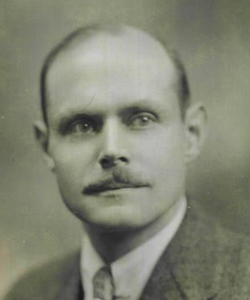
Fred Lieb was a wise investor and by 1934 he had enough money to “retire” from the daily grind of baseball beat writer. This allowed him to devote the rest of his life to researching and writing many team histories. His works include histories of the Red Sox, Cardinals, Pirates, Orioles, Tigers and Phillies.
Along with his weekly column from 1935 to 1980 in the “Bible of Baseball,” The Sporting News, Lieb was an elder statesmen and historian of baseball. He also was indirectly involved in a statistical brouhaha involving Ty Cobb. Lieb scored games for the Associated Press. On the last game of the 1922 season, Lieb was in the press box keeping score. When Cobb’s last bat of the season, a grounder to short, was bobbled by Everett “Deacon” Scott, Lieb recorded it as a hit.
Alas, the official scorer that day ruled the play as an error. At the end of the year, the American League compiled their yearend records using the AP box scores. As a result, Cobb was credited with a final .401 average, whereas the “official” record should have been .399.
Lieb continued to write up until his death at the age of 89 in 1980. His seminal book is the classic, Baseball As I Have Known It, covering his 70 years as an eye witness to the game. In the book, he broke down the first 100 years of baseball from 1876-1975 with his choices of best players by position in four 25-year eras. In the next post, Lieb’s “teams” will be posted here and debated.
Fred Lieb was elected to the sportswriters’ wing of the National Baseball Hall of Fame in 1972, recipient of the J.G. Taylor Spink Award
Paul Doyle (posted by Gary Livacari)
Photo Credits: Beautiful featured photo from the Baseball In Color Facebook page; all others from Google search
Countdown until Opening Day, March 28, 2019: 26 days…and counting!
Check out my two books, both now available on Amazon in e-book and paperback: “Paul Pryor in His Own Words: The Life and TImes of a 20-Year Major League Umpire”and “Memorable World Series Moments.” All profits go to the Illinois Veterans Foundation
Add your name to the petition to help get Gil Hodges elected to the Hall of Fame
We are a participant in the Amazon Services LLC Associates Program, an affiliate advertising program designed to provide a means for us to earn fees by linking to Amazon.com and affiliated sites. Click here to view Amazon’s privacy policy
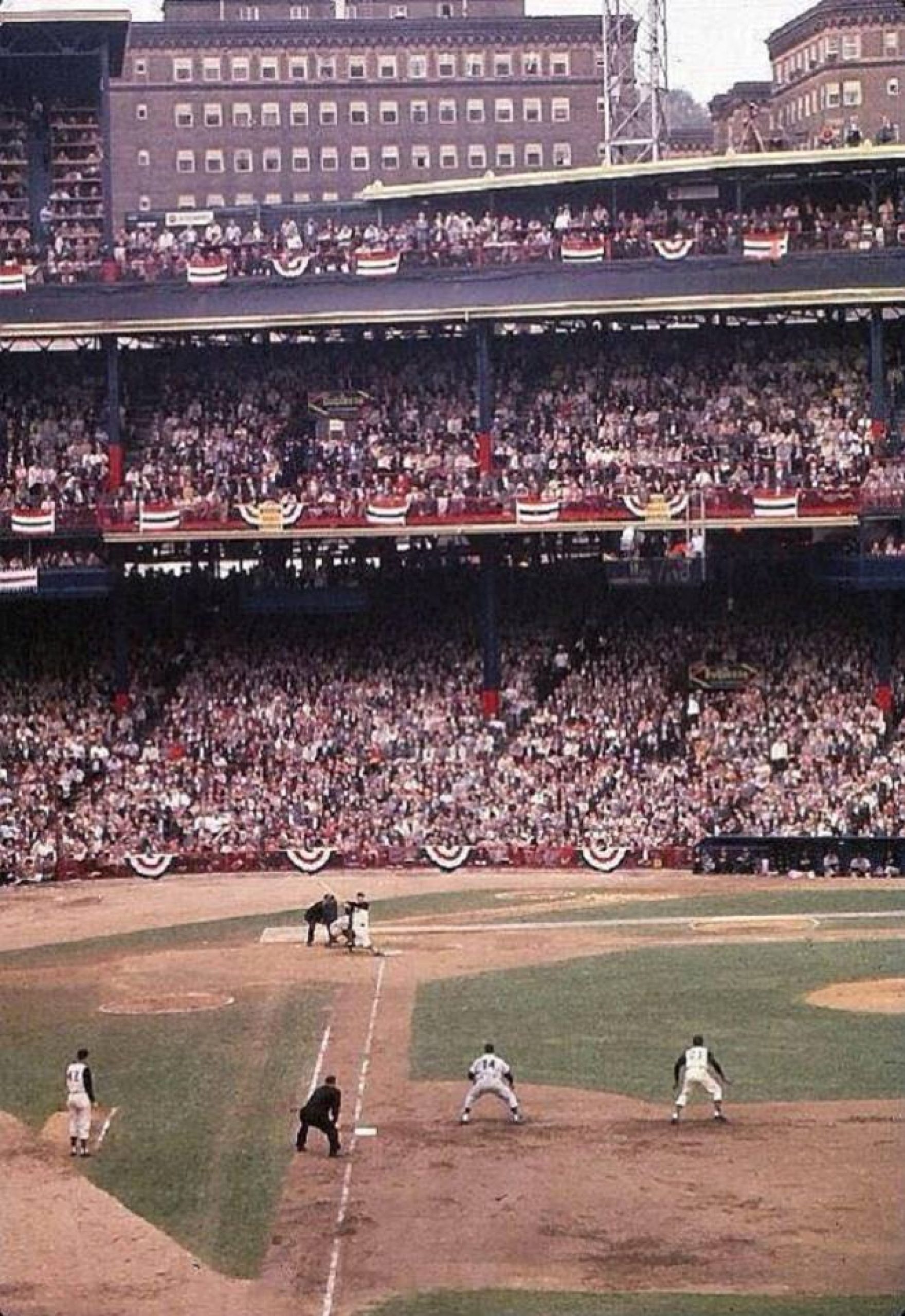
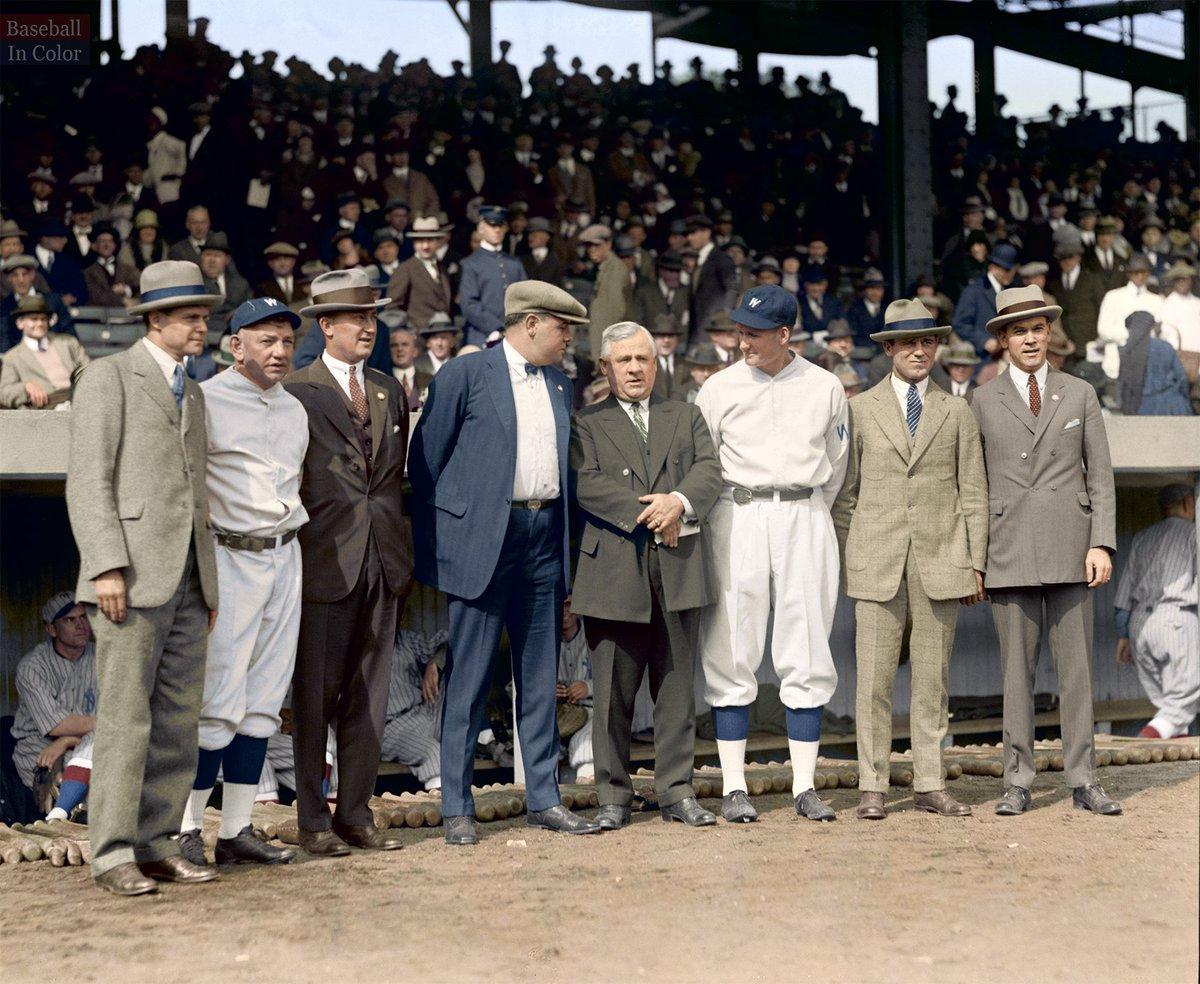
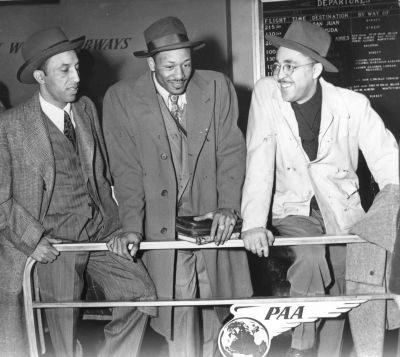
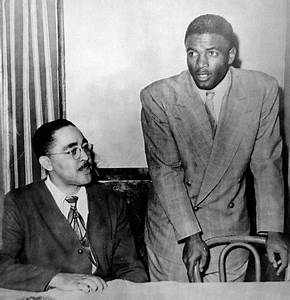
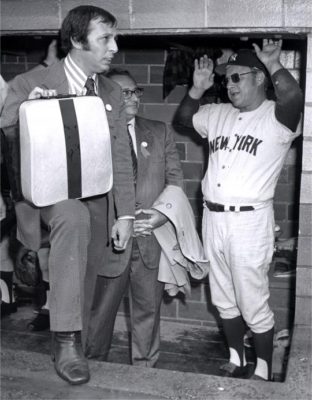
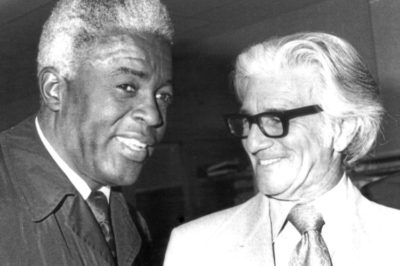
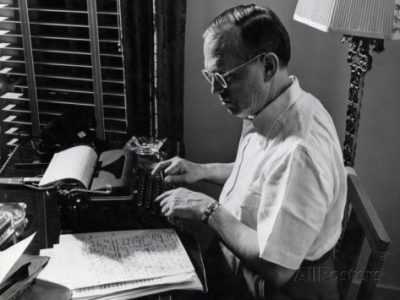
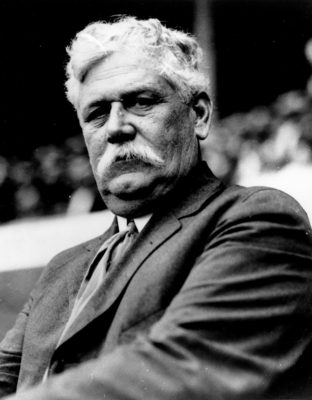
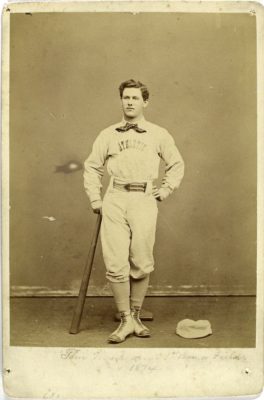
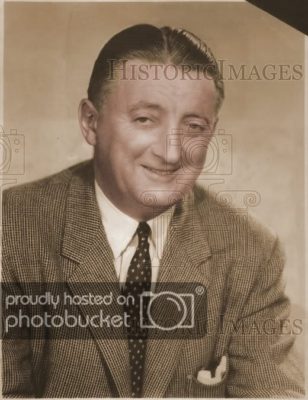
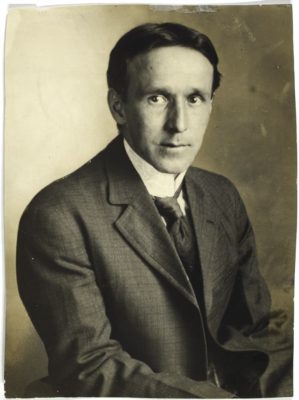
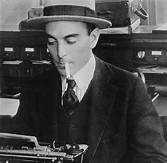

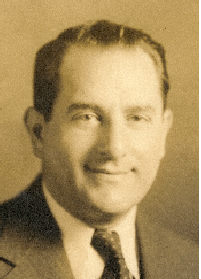
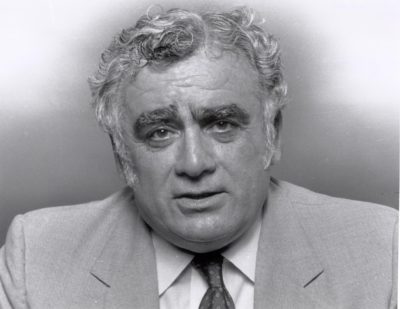

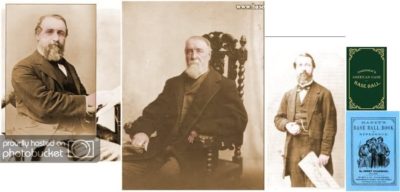
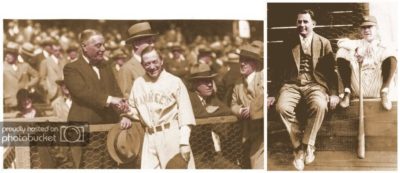
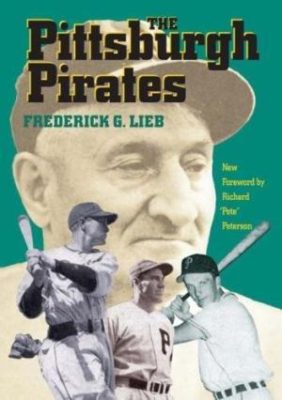
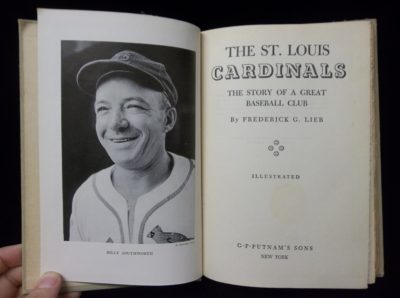
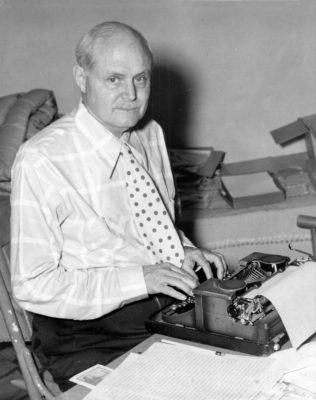
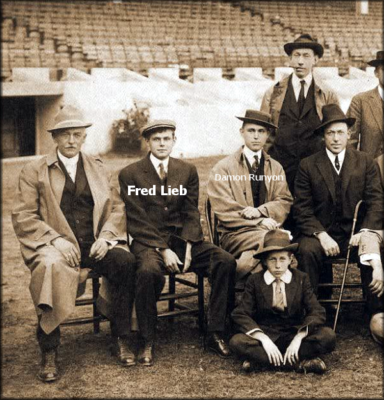
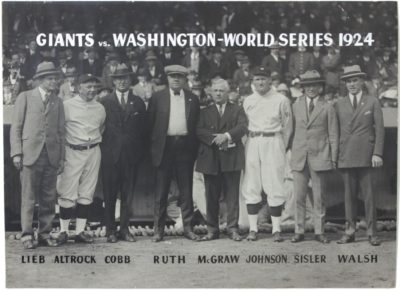
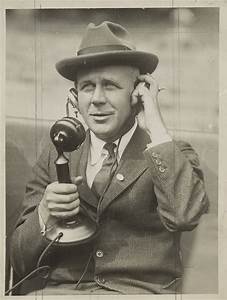
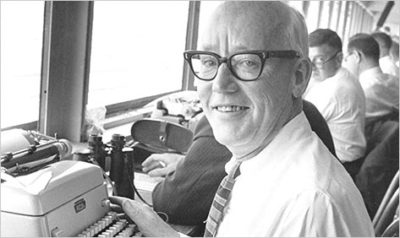
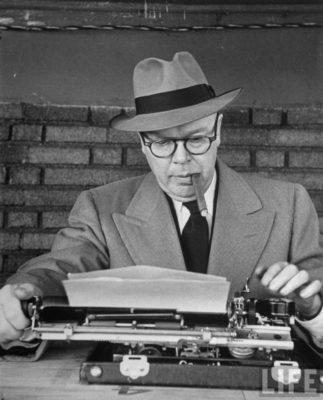
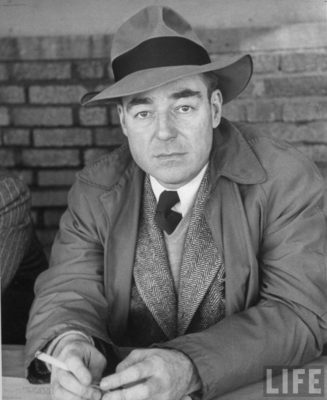
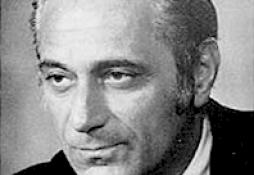
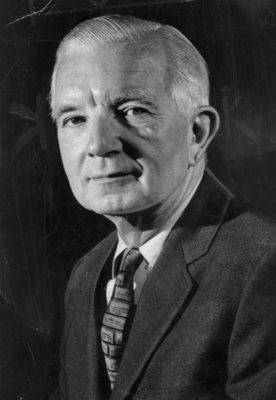
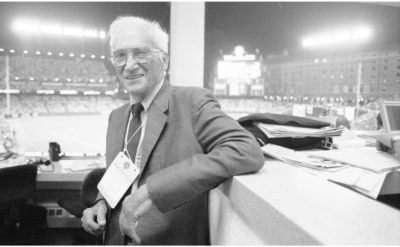
“Scribes” are disappearing in that newspapers are a dying breed. We lose a sense of community when a newspaper downsizes in that quality suffers or a complete whiteout if the paper shuts down. The attached link is not baseball related, but illustrates the importance of a newspaper in our communities.
https://www.bostonherald.com/2019/03/10/town-by-town-local-journalism-is-dying-in-plain-sight-2/